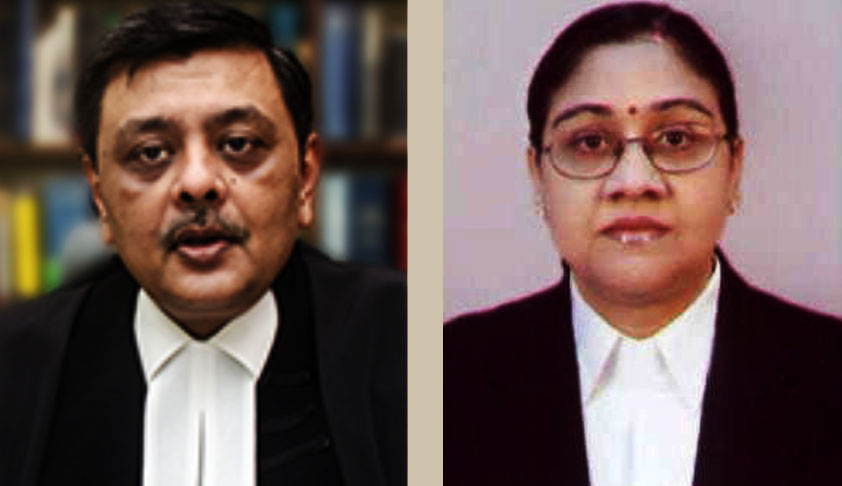In a highly significant judgment, the Goa bench of the Bombay High Court has struck down a notification of the Ministry of Environment and Forests dated August 10, 2017, wherein all matters relating to the State of Goa, Daman, Diu, Dadra and Nagar Haveli, before the National Green Tribunal, Western Zone in Pune, were transferred to the principal bench in New Delhi.In a 47-page judgment passed...

